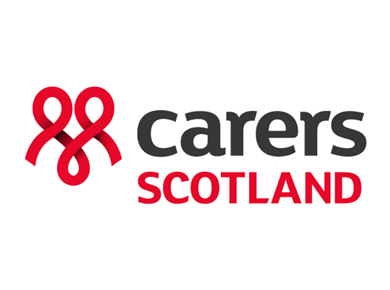If you’re managing work alongside your caring responsibilities, finding a good balance isn’t always easy and can become quite a juggling act. But taking time off from work when you need to prioritise someone’s caring needs shouldn’t be a source of stress or worry. We explain your rights as an employee.
Am I entitled to time off in an urgent situation?
Employees* have the legal right to take a reasonable amount of time off work to deal with an emergency involving someone who relies on you for help (as a dependant).
This could include your spouse, partner, child, parent, or others who depend upon you.
Whether the time off is paid or not is at the discretion of your employer.
*If you are self-employed, on a short-term contract or employed through an agency, your circumstances will be different. We would recommend contacting ACAS on 0300 123 1100 for advice.
What is considered as an emergency?
Here are some examples of when you would be granted time off for an emergency:
- Your usual care arrangements have broken down or been disrupted.
- You need to deal with the death of a dependant.
- A dependant falls ill, has been assaulted or has been in an accident.
- You need to make long-term arrangements for a dependant who is ill or injured (but not to provide long-term care yourself).
- You need to deal with an incident involving a child during school hours.
New law passed to support working carers
The Carer’s Leave Act became law on 6 April 2024.
This new law gives unpaid carers, balancing unpaid care with paid employment, the legal right to five days of unpaid carer’s leave.
Find out more in our campaigns section

How do I approach my employer about taking time off?
Contact your employer as soon as you can after you are aware there is an urgent need for you to take time out. Be precise about the details where possible.
After a phone call or face-to-face conversation, you may find it helpful to summarise what you have agreed by email. It is a good idea to have a record to avoid any misunderstanding or crossed wires.
If you are worried you could be challenged, it may be useful to look at your organisation’s policy and refer to this in the first instance. You could look on the organisation’s intranet or speak to someone in human resources to obtain a copy. It may also strengthen your case to refer to the new law (effective from 6 April 2024) that entitles working carers to five days' unpaid carer's leave.
Having problems with taking this time off?
There is professional advice you can seek if you feel that you are being treated unfairly or if your employer is making this difficult for you. Citizens Advice provides good guidance on this, as well as outlining your options for other scenarios where you might need to take time off.
Latest updates

Carers UK responds to DWP announcement of aim to tackle all Carer’s Allowance overpayment alerts
Carers UK responds to Department of Work and Pensions (DWP) announcement that it will aim to tackle all Carer's Allowance…

Carer Poverty Coalition responds to Government's welfare reform Green Paper
It's extremely worrying that some measures within the Green Paper on Welfare Reform changing disability and health benefits will actively…

Carers UK celebrates Investing in Volunteers award
Carers UK is delighted to have achieved the UK-wide quality mark for organisations involving volunteers during the charity’s 60th anniversary…

New rise in Carer Support Payment in Scotland earnings limit will increase financial security for carers on a low income
Carers Scotland press release on the increase in earnings threshold for Carer Support Payment in 2025.
Got a question about caring?
Every day we hear from people who need help with looking after a friend or family member
Become a member for free
Joining Carers UK is free and takes just a few minutes.

